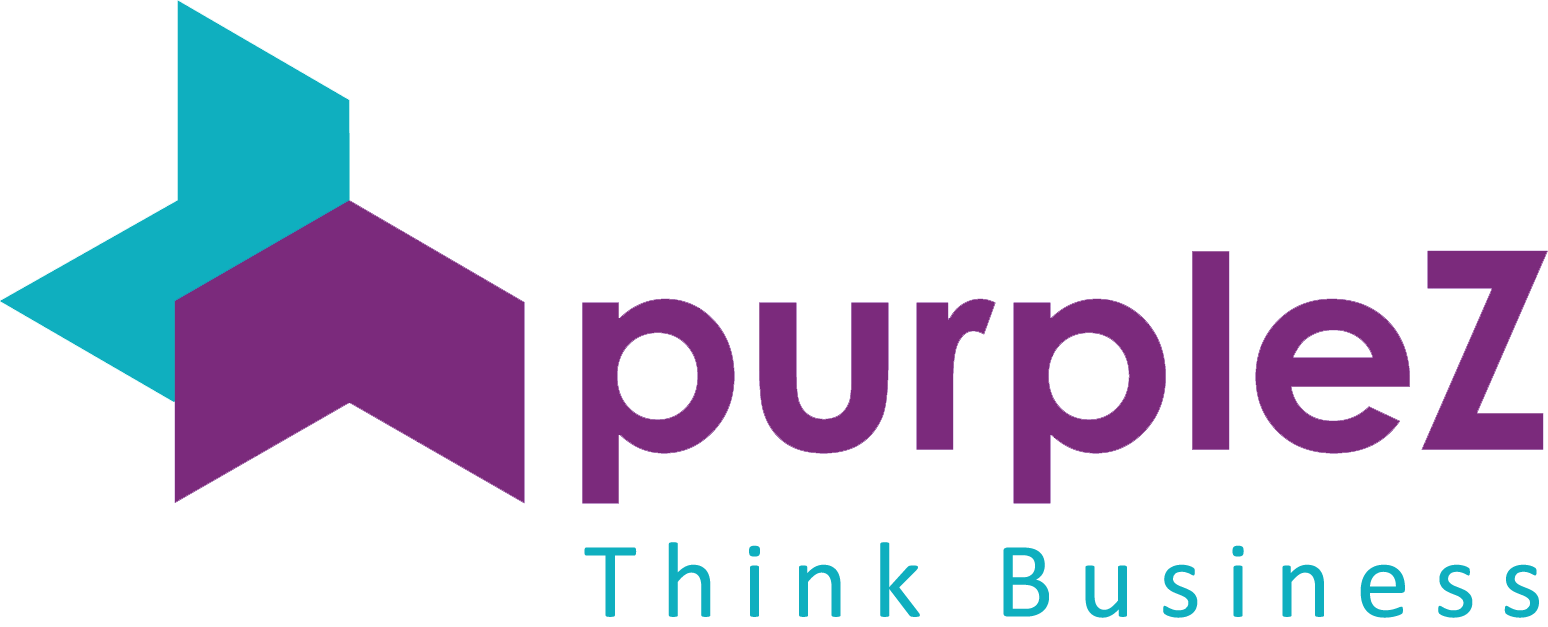Contents
- 1 Definition of content marketing
- 2 Measuring the Success of Any Content Marketing Strategy
- 3 Common Content Marketing Mistakes to Avoid
- 4 Benefits of Content Marketing
- 5 Examples of successful brand awareness campaigns
- 6 How content marketing helps to generate leads and conversions
- 7 Trust and authority
- 8 Cost-effective marketing for business growth
- 9 Frequently asked questions
- 10 In conclusion
Content marketing is a powerful tool for any business but must often be understood. You may start developing your content strategy by using the information in this article to grasp the fundamentals of content marketing.
Definition of content marketing
Content marketing is a strategic way to build and maintain relationships with your audience. It’s about creating, publishing, and sharing valuable content regularly that solves their problems or helps them do something better.
Content marketing can be used in many different ways: from advertising your products/services to creating thought leadership content for your industry or even creating case studies for past clients so they can share their success stories with others who might need help from you (and maybe even become new customers as well).
Measuring the Success of Any Content Marketing Strategy
Any long-term marketing plan must include a content marketing consultant for evaluating the effectiveness of your content marketing strategy. Tracking, analyzing, and reviewing data helps you understand which channels are working and which aren’t and what types of content are gaining traction with your target audience.
You can measure the impact of your content marketing efforts by looking at things like:
- The amount of views each piece has accumulated on social media platforms or online publications like YouTube or LinkedIn (this will give you an estimate of how many people have seen it).
- How many times has someone shared it with their friends/colleagues via email or other messaging services (this will show whether they found something interesting enough to pass along).
- How many comments were left on each piece (this indicates whether readers found something useful enough for them to want more information about).
Common Content Marketing Mistakes to Avoid
There are many common content marketing mistakes, and we’ve covered them all in this section.
- Lack of strategy: How can you know what to do if you need a strategy? You need a plan before starting any project or campaign. Your goal should be clear and measurable so that you can track its success over time.
- Lack of consistency: It doesn’t matter how great your content is if no one sees it because they need to know who created it or where to find it again when they want more information on the topic. Make sure every piece has its URL (and social media page), so anyone who finds something useful can find more information easily by clicking through their browser window or mobile device screen.
- Lack of focus: If there’s too much noise online today (and there certainly is), having multiple voices shouting about different things won’t help separate you from the pack–it’ll just add more noise! Focus on one area where your expertise lies rather than trying everything under the sun just because everyone else seems busy doing so.
Benefits of Content Marketing
Content marketing is a strong tool for building brand equity, brand loyalty, and brand awareness. Additionally, it increases lifetime value and customer loyalty. Here are some of the benefits:
- By bringing your business’ name in front of potential customers through articles, blog posts, and other types of information shared across social media sites like Facebook or Twitter, content marketing raises brand recognition.
- Content marketing helps build trust with potential customers because they know they’re getting information from a source they can trust (you!).
- When people see something they like on social media platforms such as Instagram or Pinterest, they’ll often click through to find out more about it–and maybe even buy something! That means more sales conversions than ever possible thanks to this type of exposure through social media posts alone without having any paid advertising campaigns running concurrently alongside them.
Importance of brand awareness
Brand awareness is the process of making a brand more recognizable. It’s important for business growth because it helps you to increase sales and reach new audiences. Content marketing can be used to achieve brand awareness, which means that if you want your content strategy to be successful, it needs to include elements of this type of marketing.
Examples of successful brand awareness campaigns
A brand awareness campaign is a strategy that aims to get your business in front of potential customers. This can be done through advertising, social media, or other marketing efforts. Some examples of successful brand awareness campaigns include:
- Coca-Cola’s “Share a Coke” campaign encouraged consumers to personalize bottles with names and messages.
- Netflix’s “Netflix & Chill” meme, which became popular on Twitter and other social platforms
In contrast with these examples are unsuccessful attempts at creating a buzz around brands:
A Pepsi ad with Kendall Jenner was criticized for co-opting current movements such as Black Lives Matter and the resistance against Trump. A major issue with this campaign is that it was inauthentic, and many people were offended by Pepsi’s attempt to use social justice as a marketing ploy.
How content marketing helps to generate leads and conversions
Content marketing promotes brand awareness, which is important for any company seeking to expand its clientele without heavily investing in advertising or other forms of promotion (such as paid search).
Finally, it lets you reach out directly to people interested in what you offer- and even better than that? These people are already searching for answers on Google!
Content marketing is one of the most effective ways to generate leads and convert them into paying customers. Lead generation generates potential customers by creating content that attracts them, while lead conversion turns these leads into paying customers.
Leads are generated when you create content about your product or service, which people find helpful enough to share with others via social media platforms like Facebook and Twitter.
These shares help spread awareness about your brand and generate more traffic on your website through organic search engine results (SEO). Their combination helps increase sales conversions over time by increasing trust in both buyers’ mindsets: “I trust this business because I know what they do.” And secondly: “This is exactly what I need.”
Trust is a key factor in the success of any business. It’s the foundation of a relationship between a business and its customers and enables companies to build strong brands.
When consumers trust you as an expert in your field, they’re more likely to engage with your content, buy from you and recommend you to others. They’ll also be more tolerant when things go wrong because they feel confident that their needs will be met (even if something goes wrong).
Cost-effective marketing for business growth
Hiring a content marketing consultant is an effective way to reach customers and is much cheaper than other forms of marketing. It can be a good way to build trust and authority in your industry while generating leads or conversions.
There is no better time for you as an entrepreneur or business owner to start thinking about how you’re going to incorporate this strategy into your company’s overall plan for success going forward. With the growth of social media platforms like Facebook and Instagram, content marketing has become even more important for companies trying to expand their client base.
Frequently asked questions
Here are some of the most asked questions gathered for you:
How does content marketing add value to a business?
Content marketing is a great way to build trust and credibility with your audience. It allows you to showcase yourself as an industry expert, leading to higher conversions, leads, and brand awareness.
Content marketing also helps businesses grow their authority by publishing high-quality content that educates customers on topics they’re interested in learning about.
What are the pros and cons of content marketing?
Content marketing has a number of advantages and disadvantages. The largest benefit is that it can significantly boost sales, authority, trust, and brand awareness. But it takes a lot of time and work from the manager or owner of the business.
To build a successful strategy for your company’s blog or website, you’ll need the following:
- A plan for what types of content will be posted (blog posts, videos, etc.)
- A schedule for when each piece will go live; this could be daily or weekly, depending on how often people visit the site/blog in question
What are the three most important things in content marketing?
Content marketing is a long-term strategy. It’s not something that you do once, then move on to the next thing. Content marketing is about continually creating valuable content for your target audience and building trust over time.
This is a continuous process. You don’t have to publish new posts every day or even every week–but you must consistently add value for your readers with each piece of content. Hence, they always feel like they’re getting something out of their relationship with you (and thus are willing to continue engaging).
Today, content marketing encompasses more than just writing blog posts; it also includes producing videos, podcasts, and other forms of media that give businesses more ways to connect with their target audiences than just text on a page.
In conclusion
To sum up, content marketing is an effective technique for helping you connect with your target market and create leads. It’s important to remember that there are no shortcuts when creating great content–but with the right strategy in place, you’ll be well on your way toward success!
Looking for a specialized content expert to boost your business leads and sales in Irvine and Los Angeles? Get in touch with PurpleZ today and see how we can help!





